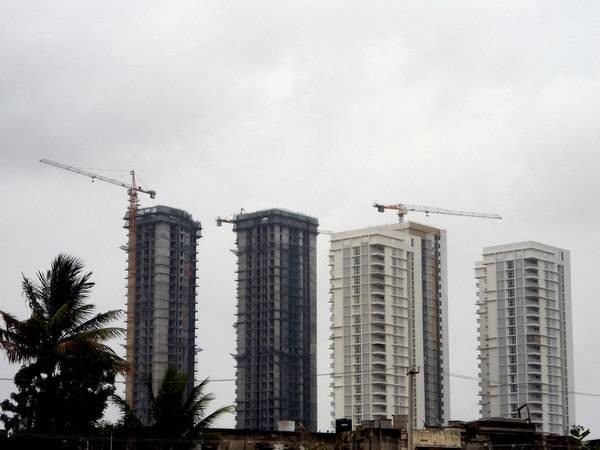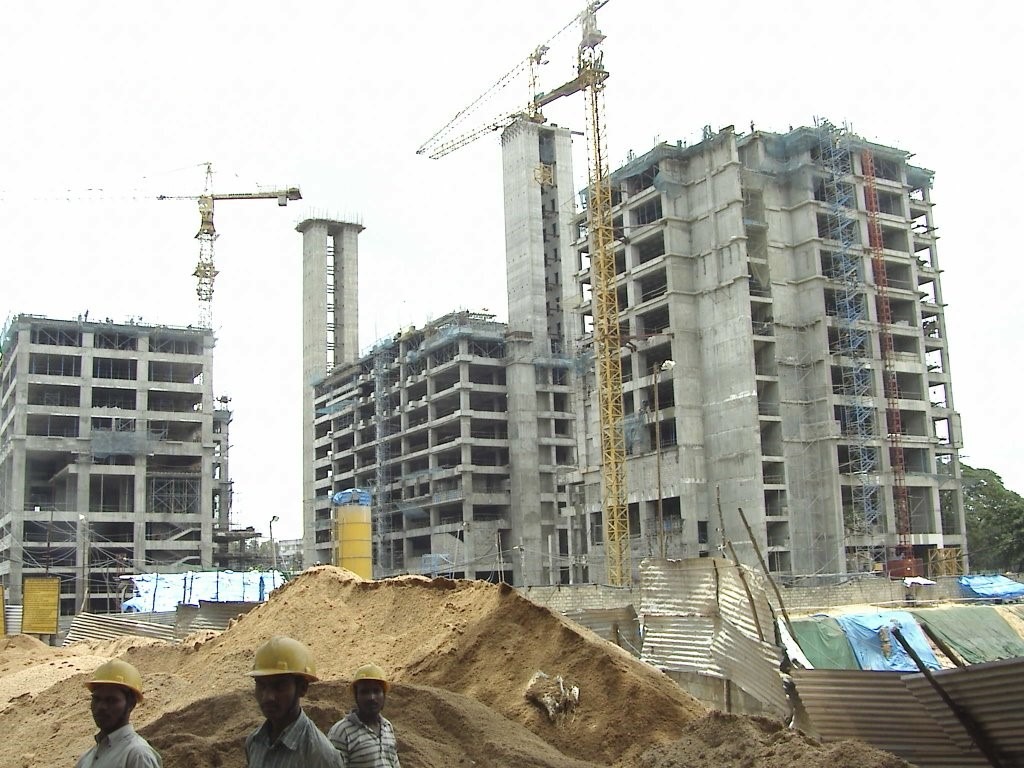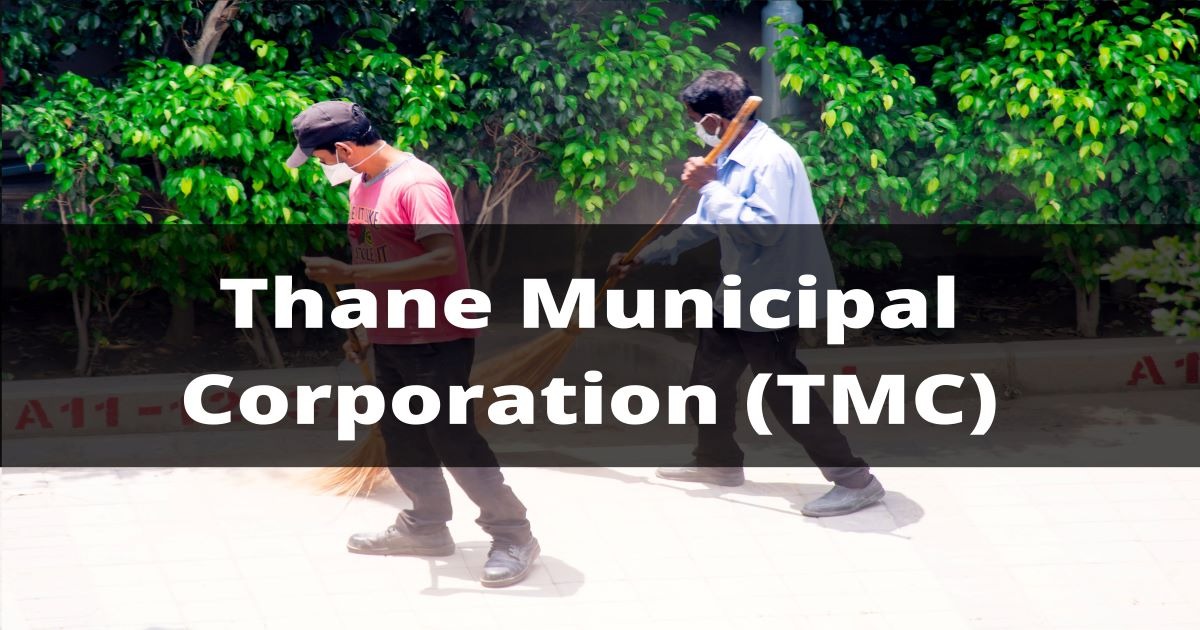A slew of reforms and higher transparency are responsible for the skyrocketing growth of the Indian real estate sector in recent times. There have been several measures taken to boost overall growth in the sector and make it more organized in recent years. These include RERA which has brought about a sea change in the sector and enhanced investor confidence while making developers accountable and protecting consumer rights with aplomb. GST has also been a part of the blueprint to clean up the sector and bring back buyers and investors alike. Additionally, the emphasis on affordable housing under the PMAY (Pradhan Mantri Awas Yojana) and according infrastructure status to the same has been a game changer for the sector.
In recent times, the lowering of GST rates to 5% from 12% on under construction projects and from 8% to 1% on affordable housing projects will give a major impetus to Indian real estate as opined by experts and industry watchers. Additionally, economic prosperity, strong growth of multifarious business sectors and infrastructural improvements have sparked commercial real estate growth which has rubbed off positively on the residential segment as well. Other moves that have boosted the residential realty sector include the exemption of capital gains up to Rs. 2 crore for two homes once in a lifetime as announced in the Union Budget 2019-20 and also the increase in the TDS threshold up to Rs. 2.4 lakh from Rs. 1.8 lakh on rental income. Additionally, there will be zero taxes on notional rent assumption for self-occupied second homes.
These are clear incentives for investing in real estate and will do a lot towards energizing the sector while the affordable housing space will also be benefited from the recent proposal to exempt personal income up to Rs. 5 lakh from taxes. All in all, the future scenario looks quite rosy for Indian real estate due to pro-active Government measures and reviving interest of buyers and investors alike.
High real estate space addition expected for 2019?
Close to 200 million sq. ft. is expected to be added in the Indian real estate sector this year across multiple segments including retail, office, logistics and residential according to reports. This is certainly a high figure as per several industry experts. The entire tally will thus touch a whopping 3.7 trillion sq. ft. as per estimates by industry experts. Out of the upcoming tally of 200 million sq. ft. approximately 40 million sq. ft. will be added in the office space segment over the next year or so. This will naturally indicate a major boost for the commercial realty segment in the country.
Studies also forecast 30% of this upcoming supply addition to be dedicated for projects in the SEZ (Special Economic Zone) category. There is growing demand when it comes to IT and other business parks and also SEZs and both segments should witness high levels of leasing activity along with full absorption all throughout 2019 as predicted by experts. The technology industry should contribute at least 30-35% of overall office space occupied in the country by end-2019 as per reports. The continued growth of the IT and ITeS sectors will thus equate to a boon for commercial real estate in India. This will also lead to heightened demand for residential properties as well.
2018 was a wonderful year for the office space category with absorption levels surpassing the record tally of 47 million sq. ft. which indicated 5% of year on year growth throughout top 9 cities in India. This was made possible by a supply addition of close to 35 million sq. ft. which indicated a rise of 17% on a year on year basis. Delhi-NCR and Bangalore were the top markets in this sector followed by Hyderabad which outstripped Mumbai as per reports. Experts feel that rentals are expected to increase steadily across Pune, Bangalore and Chennai although only select zones will witness rental growth in Mumbai and Delhi-NCR as per estimates.
The logistics category witnessed huge growth in 2018 with absorption increasing by 44% to a whopping 24 million sq. ft. Demand is expected to rise this year from e-commerce companies after an initial slump. Real estate stocks overall would thus increase by 200 million sq. ft. in 2019 spanning all these categories. Real estate developers and customers are also expected to deeply consider segments like senior housing and co-living along with student housing. Technology will be a major growth driver in 2019 for the Indian realty sector along with the changing equation between supply and demand and the overall ease of doing business which has improved significantly. Net absorption in the commercial realty sector may rise to 70-75% from 60-65% in the 2019-20 period. For the retail real estate segment, close to 10-12 million sq. ft. should be added this year and demand is expected to be higher in comparison to supply levels.
Other market trends to expect in 2019
As per experts, 2019 will witness an improvement in the overall demand and supply equation with unsold inventory levels coming down considerably due to higher sales figures. The supply and demand equation will tilt favourably for the sector on account of the sustained growth of the affordable housing category and all the measures mentioned earlier.
Real estate in India will continue witnessing this shift towards organized and structured funding including private equity and other investments from leading players. The commercial realty sector drew roughly $4.7 billion in investments last year and this could only increase in 2019 as per experts. There are several private equity investors who are now looking at tapping into the potential of land or even in the retail and commercial realty segments. The logistics segment has witnessed steady growth post implementation of GST and attainment of infrastructure status. Absorption levels have been high in Mumbai, Bangalore and the National Capital Region (NCR) along with Hyderabad and Chennai.
Several top real estate developers are expected to continue acquisition of land parcels and enter into tie-ups with global companies for setting up warehousing and other logistics facilities. Flexi-space operations continued to be a hot segment last year and the footprint of this sector should increase in 2019 as per reports. These operators leased out 6 million sq. ft. and counting in 2018 and they should be scaling up this footprint rapidly. The first REIT (Real Estate Investment Trust) in India was also successfully setup by the Blackstone Group LP and Embassy Group and this was a major landmark for the real estate sector. This should be a crucial move towards formalizing funding received by this sector.
Residential segment to keep doing well in 2019
As per experts, the residential real estate market has successfully absorbed the latent changes brought about by measures like demonetization, GST and RERA. It has even witnessed 15% of year on year growth in terms of new supply that is available along with sales growth of 13% on a year on year basis. Real estate developers are rapidly syncing with these reforms and supply levels are expected to improve considerably this year.

The residential market will be witnessing steady growth due to the positive measures ushered in by the Government and also due to lower speculative activity overall. Mid-range residential projects will contribute for a large chunk of overall supply along with the affordable housing segment. A steady increase in demand from end users is also forecasted along with a higher number of project launches in Mumbai, Bangalore, Hyderabad and Chennai. The launch tally should be stable in Pune and Kolkata as well. Real estate developers will now look to lower costs of construction in order to keep basic margins intact in case of affordable housing projects and they will be planning suitable strategies for marketing and also phasing out launches in turn.






































